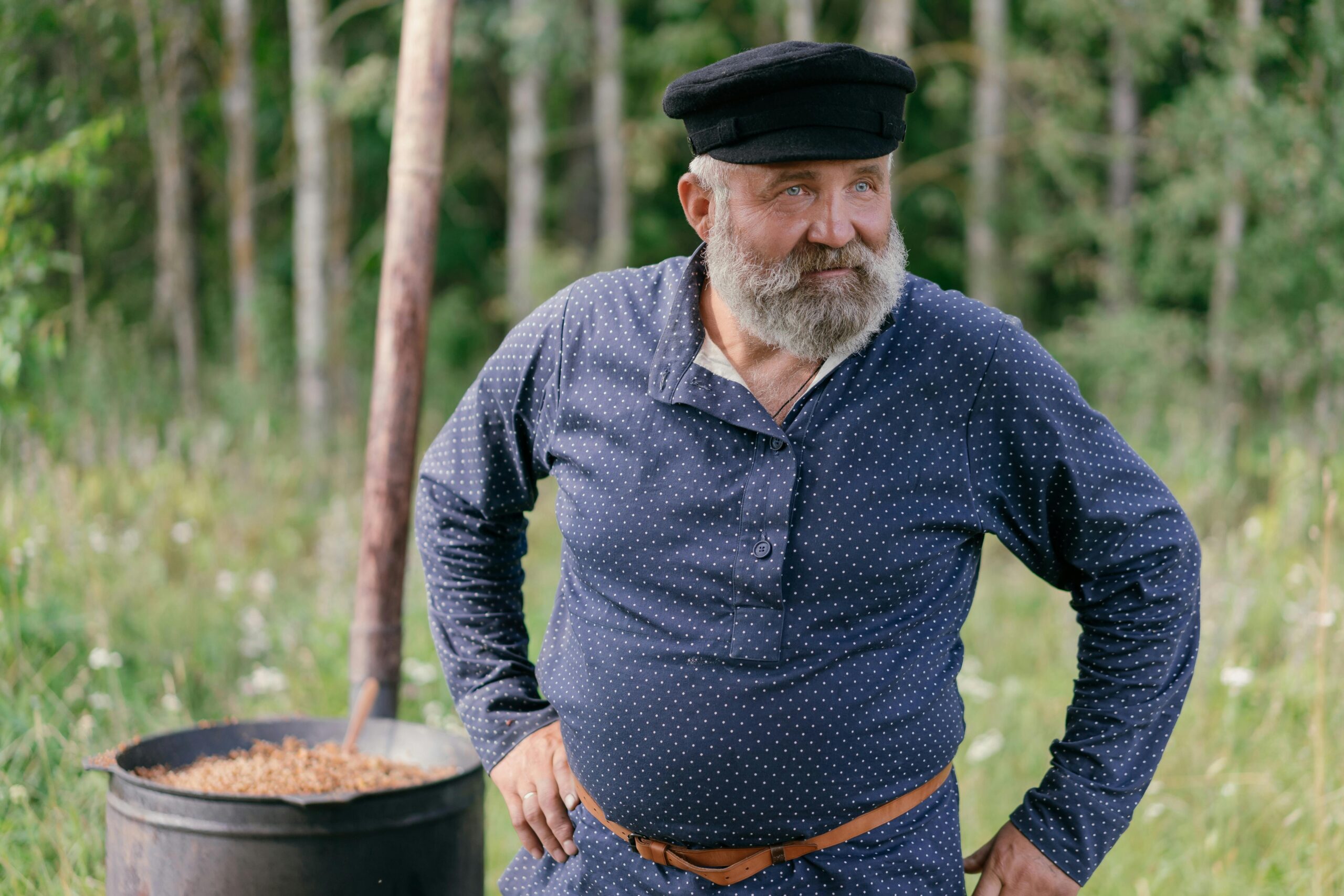He appointed twelve—designating them apostles—that they might be with him and that he might send them out to preach and to have authority to drive out demons.
Mark 3:14-15
Here at Crossring, we have a clear mission; we want to build a community around scripture. We want to encourage people to write articles reflecting on scripture, and to discuss them. We want to provide scripturally focused sketches for our visitors to use in churches and youth groups. In order to do this, we have a team of people who work together to fulfil specific areas within our ministry. We recognise that it would be impossible for any one – or even two – of us to create this website together, so we have a clear division of labour. In this way, we hope to be able to grow and develop the website in a way that would not otherwise be possible.
Teams are vital for success. It is so much easier to achieve anything if you work with other people. Even Jesus recognised this. He was the Son of God and could have achieved absolutely anything, but instead he recognised that a team would be useful if his earthly ministry was going to have the success he wanted. For this reason, we see in this verse that Jesus appointed twelve people, called by name, in order to support him in his ministry. He wanted these twelve men to go out and preach the gospel; twelve preachers is surely better than one. He also tasked them with driving out demons. Interestingly, however, he also has another reason for calling the twelve apostles; like all humans, Jesus needed company, and gathered these men around him to be with him, to be his friends and his confidantes.
Jesus calls us all to be with him. He wants a friendship with each and every one of us. He is waiting for us to respond to his call. He might call you to teach or to drive out demons, but he might not; he might have other things in mind for you. Do reflect today, though, whether you have responded to Jesus’ call of friendship, and consider what role Jesus has given you in his team.












Leave a Comment